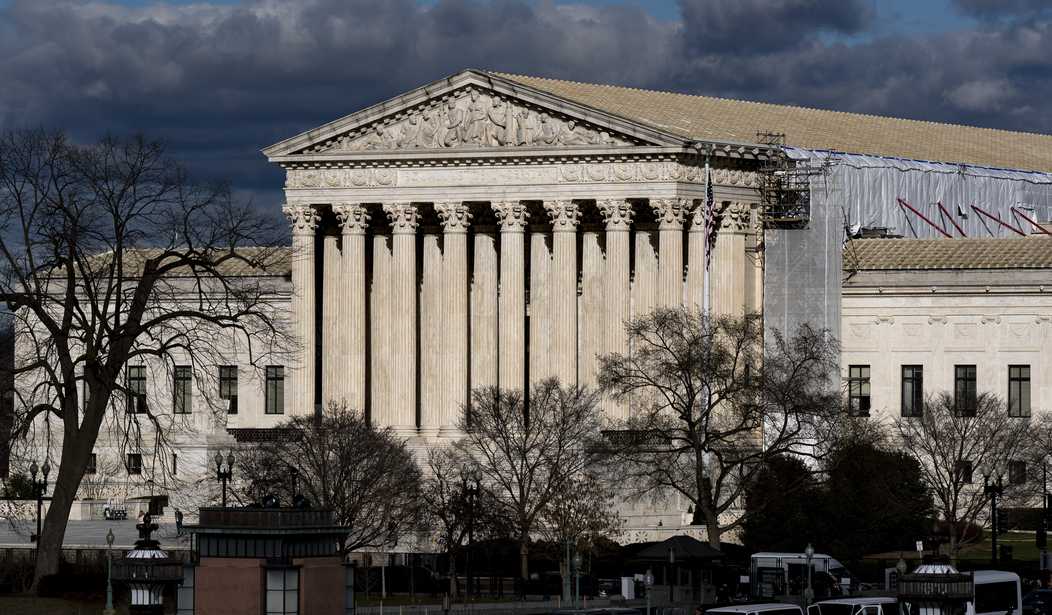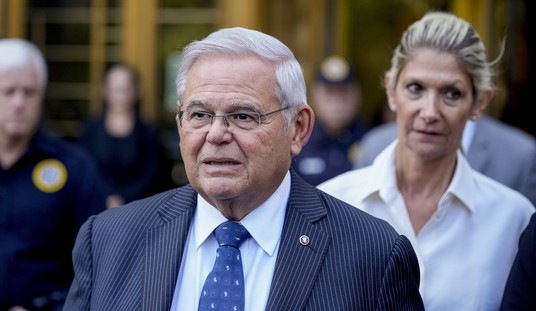The Supreme Court on Tuesday heard a case challenging a Colorado law prohibiting “conversion therapy.”
The legislation prohibits mental health professionals from offering therapy aimed at altering sexual orientation or gender identity to minors.
The original lawsuit was filed by Kaley Chiles, a therapist and Christian who argues that the law violates her free speech rights because it stops her from working with patients who want to live “consistent with their faith.”
From The New York Times:
State lawmakers passed the restrictions in 2019, in response to the findings of major medical associations that conversion therapy is ineffective and potentially harmful for young people. The outcome of the case has implications for Colorado and more than 20 other states with similar laws.
A central question for the justices is whether Colorado’s law is a permissible regulation of professional conduct or an unconstitutional infringement on free speech.
Colorado’s statute prohibits “any practice or treatment” that tries to change a minor’s “gender expressions or to eliminate or reduce sexual or romantic attraction or feelings toward individuals of the same sex.”
Colorado officials have never enforced the measure, which includes fines up to $5,000 for each violation and possible suspension or revocation of a counselor’s license. The law includes a religious exemption for those “engaged in the practice of religious ministry.”
Reports suggest that the Supreme Court is skeptical about Colorado’s law. Lawyers representing Chiles and the Trump administration argued that there were no reliable studies proving that conversion therapy causes harm to minors, The Times reported. However, the opposition insisted that there is a “mountain of evidence” that the therapy is not only ineffective but also dangerous.
Recommended
The case centers on whether the law violates the First Amendment or if it constitutes a reasonable regulation of professional conduct.
Justice Amy Coney Barrett grilled Colorado’s attorneys on the therapy’s supposed harms. The lawyer stressed that the danger comes “from telling someone there is something innate about yourself you can change — and then you spend all kinds of time and effort trying to do that, and you fail.”
Chiles’ attorneys argue that her practice consists solely of speech—talk therapy aimed at helping clients “realign their identity with their sex” or “reduce unwanted same-sex attraction.” They contend that Colorado’s law censors her based on her viewpoints. “If one of those children go to a counselor and they specifically say, ‘That is the help I want,’...they cannot receive that help from someone like my client,” one of her attorneys said.
On the other side, Colorado’s lawyers insisted that the law regulates treatment, not expression, and falls within the state’s authority to protect public health. The center of the argument is that since licensed therapists are providing clinical care, they should be held to higher standards. “A state cannot be required to let its vulnerable young people waste their time and money on an ineffective, harmful treatment just because that treatment is delivered through words,” she said.
Laws against "conversion therapy" are violations of therapists' free speech and also anti-science because they don't allow therapists to help patients explore the actual source of their problems. Let's hope the Supremes end these laws nationwide. pic.twitter.com/Cqq8kVx51W
— El Jefe de Colorado Tweets (@jefe_tweets) October 7, 2025
Justice Neil Gorsuch appeared to push back on this sentiment, arguing that a state in the 1970s could have prohibited therapists from affirming homosexuality if it deviated from the prevailing medical consensus.
The Justice Department’s attorney contended that there is “no longstanding tradition of states imposing this type of categorical prior restraint on the speech of therapists.”
Justices Samuel Alito and Brett Kavanaugh pressed Colorado’s attorneys on whether the law targeted people based on their beliefs. “Looks like blatant viewpoint discrimination,” Alito said.
Justice Sonia Sotomayor asked whether Chiles could actually face punishment under the measure. One of her lawyers noted that “anonyous complaints” have been filed against her and that the state has been investigating them.
Conversion therapy has been a controversial topic over recent decades, with folks on the left pointing out instances in which it has led to trauma for minors. Conversely, proponents of the method contend that it does not cause harm in most cases.
The Supreme Court will hear arguments in a challenge to a ban on so-called "conversion therapy" for youth.
— PBS News (@NewsHour) October 6, 2025
The Supreme Court declined to hear challenges to such bans in the past, but as @TheStephSy reports, this case is being heard against a backdrop of intensifying cultural… pic.twitter.com/c01o6SBNAA
In the end, this case will boil down to whether Colorado’s law is a violation of the First Amendment or a simple medical regulation.
To me, it seems that Gorsuch’s point is apt — this type of law could easily have been used to prevent therapists from affirming homosexuality. Even today, “gender-affirming” therapy has become the prevailing norm, with professionals eschewing talk therapy to get at the root of the issues that children with gender dysphoria experience. Instead, they simply affirm that a boy can become a girl and rush the parents into puberty blockers and hormone treatments.
It seems the Supreme Court is leaning toward striking down Colorado’s law, which means those on the left can’t use the government to force therapists to go against their religious or personal beliefs.

























